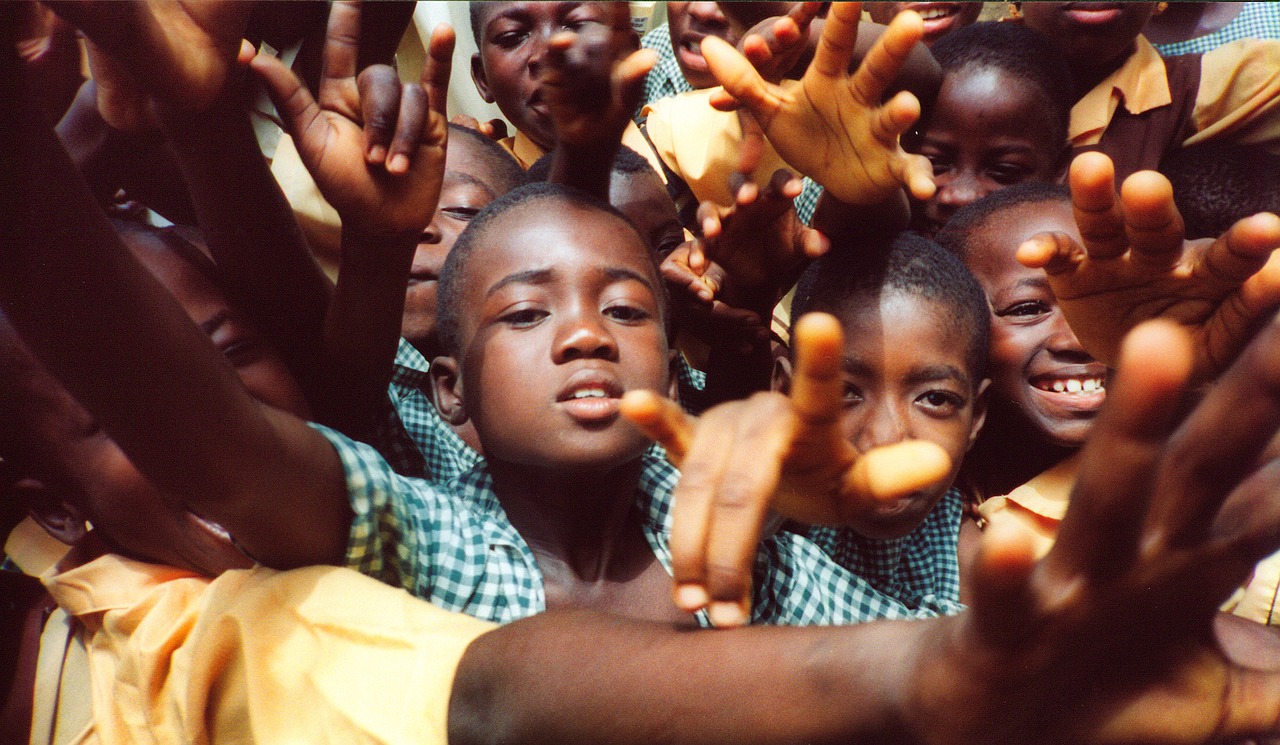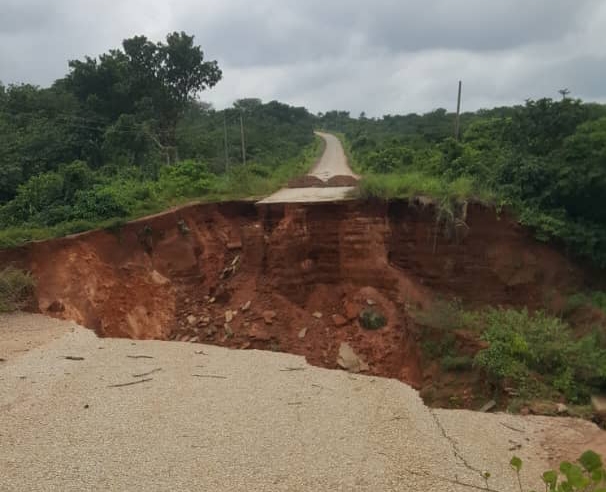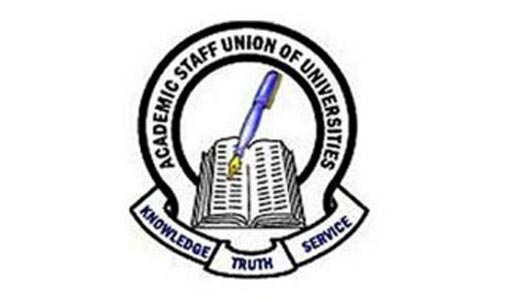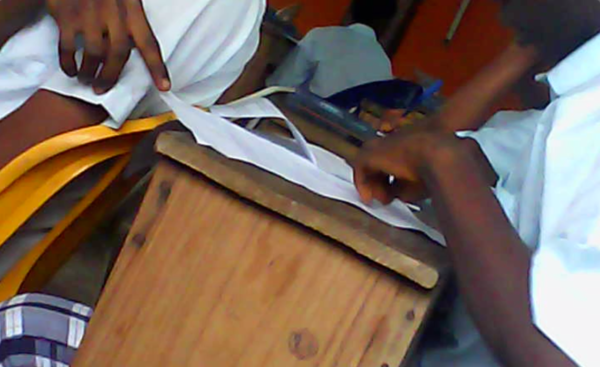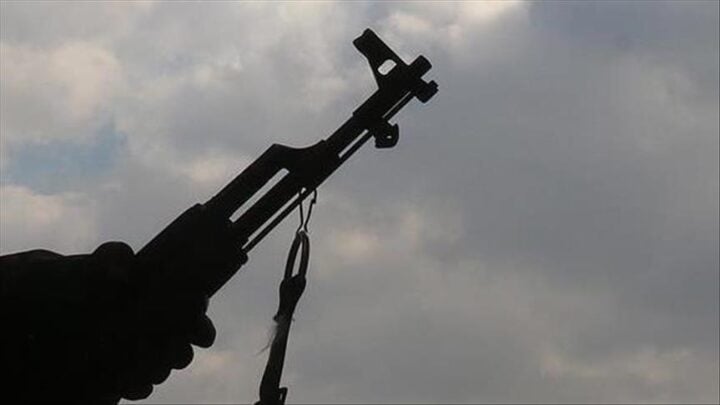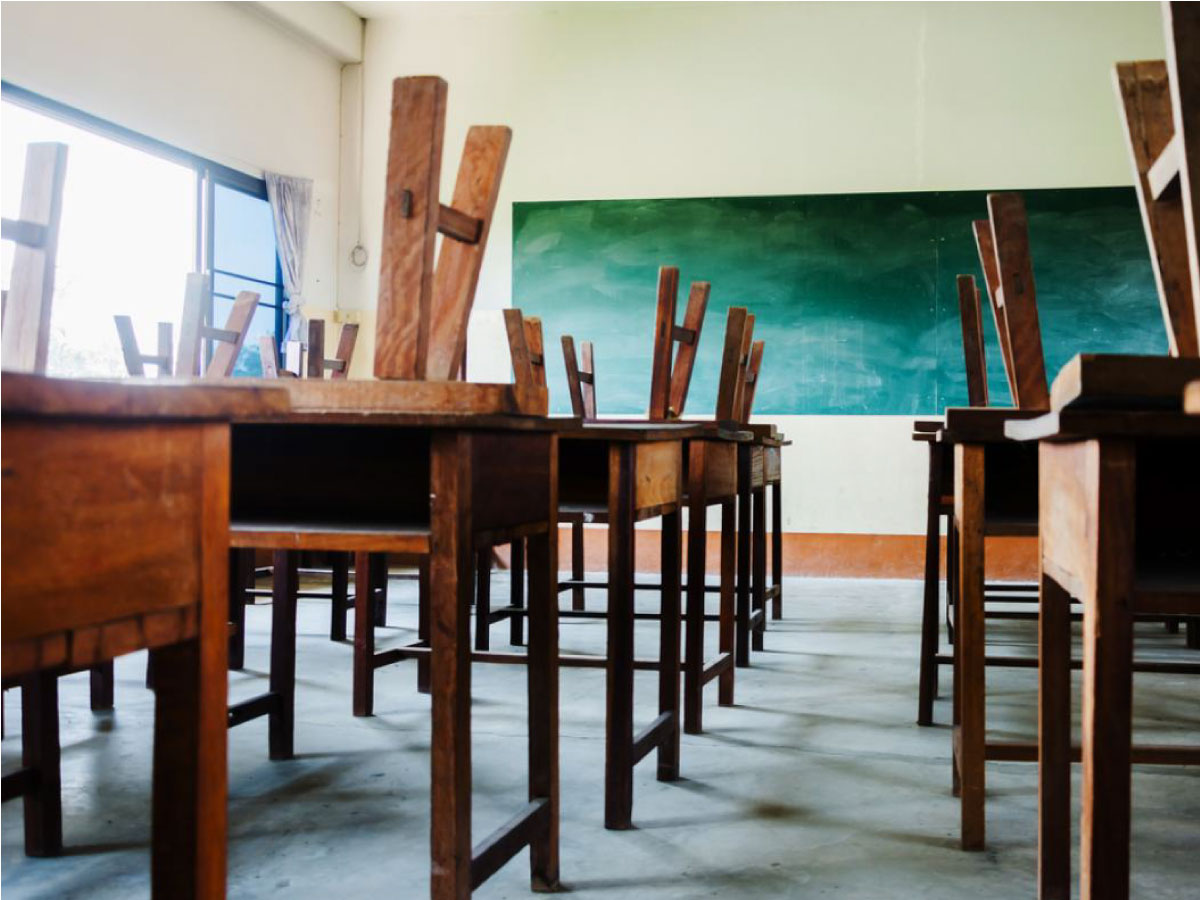Atufopwa Geoffrey, a primary three pupil in Kikan community, Adamawa state, wants to become a teacher. The ambition was sparkling in the eyes of this 11-year-old until two years ago, when the farmer-herder attacks hit her village, tearing her apart from her family and sending her out of school.
She was not the only with dreams. Awunopwa Magomya, a pupil of class two, in Dong, wants to be a soldier so as to defend his country and his community. Though he knows little about soldiering, it was his singsong until he was orphaned in the same attack — and abandoned to his fate.
Sapwada Gideon, a 5-year-old pupil in class one, is in a slightly different world. He had no idea of how to read and write. He was also a victim of these attacks.
These children embodying the dream to change their world are representative of hundreds of children whose lives have been set out of course.
Advertisement
The herdsmen attacks on the farmers of Dong, Lawaru, Kikan, and Shoforon communities of Demsa and Numan LGAs of Adamawa state in December 2017 dimmed their hopes.
Now the good news. Geoffrey, Magomya, Gideon and several other children of these communities have been given a second chance to dream again.
TheCable visited the communities and spoke with Victor Dilli, the executive director of Mbula Foundation — one of the bodies working to bring life back to the traumatised people.
Advertisement
“When the incident happened that time, many breadwinners were killed during the attack leaving behind widows and orphans,” he told TheCable.
“So we cried out for help in the area of education because there was a large population of out-of-school children. And the Rule of Law and Empowerment Initiative, also known as Partners West Africa Nigeria (PWAN), came to our aid.”
REHABILITATED TO DREAM AGAIN
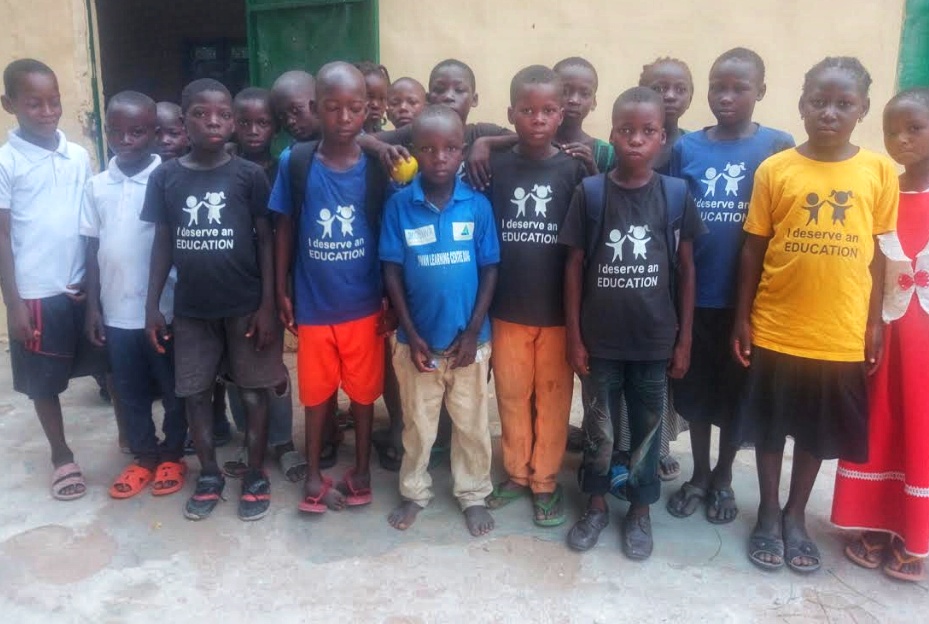
Through the support of the Open Society Initiative for West Africa (OSIWA) for PWAN, several of these children have been reunited with their families and rehabilitated into educational programmes that have positioned them to dream again.
Advertisement
According to Dilli, the programme began in May 2019 with the establishment of two learning centres in Dong and Kikan with 120 pupils. The aim was to build the children’s confidence, patriotism, make them overcome their traumatic experiences during the crisis.
“Through the project titled ‘Engaging Children to Counter Violent and Extremism’, in Dong, Demsa local government area and Kikan, Numan local council area, we have been able to establish two learning centres,” Dilli explained.
When TheCable visited the centres in July, pupils carrying PWAN-branded school bags were coming in to learn, collect their school assignments, and the free meal. However, the centres now operates three days a week owing to the coronavirus pandemic.
Parents of the pupils told TheCable that their wards who couldn’t write before can now do so.
Advertisement
“My child could not read and write, but because of the programme, she can now read. I thank God for sending help through Nbula Foundation and PWAN,” Ahnuopwa Ezekiel said in Kikan.
TREATING TRAUMA
Advertisement
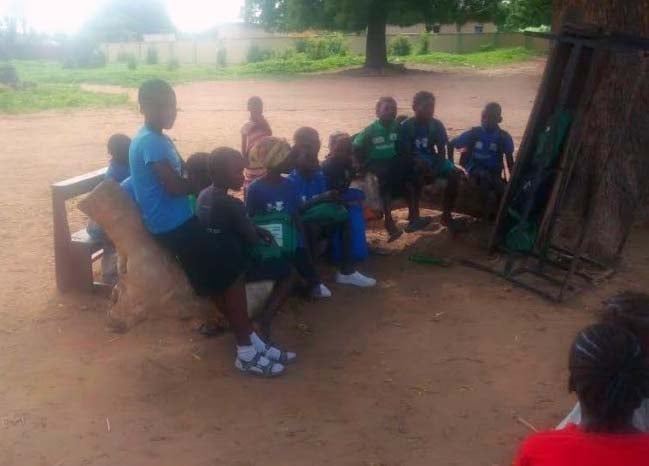
Peter Agasbus from Dong also said his ward has improved greatly in his reading and writing skills.
“My son has greatly improved. This is a very good programme. We thank PWAN for helping us,” he said.
Advertisement
Dilli said a lot of children were traumatised and very afraid at the beginning; thus requiring medical attention.
“We also brought doctors from Jos Teaching Hospital to assess the psychological, emotional status and needs of the pupils before the programme was kick started,” he said.
Advertisement
“Now the pupils could speak good English without fears.”
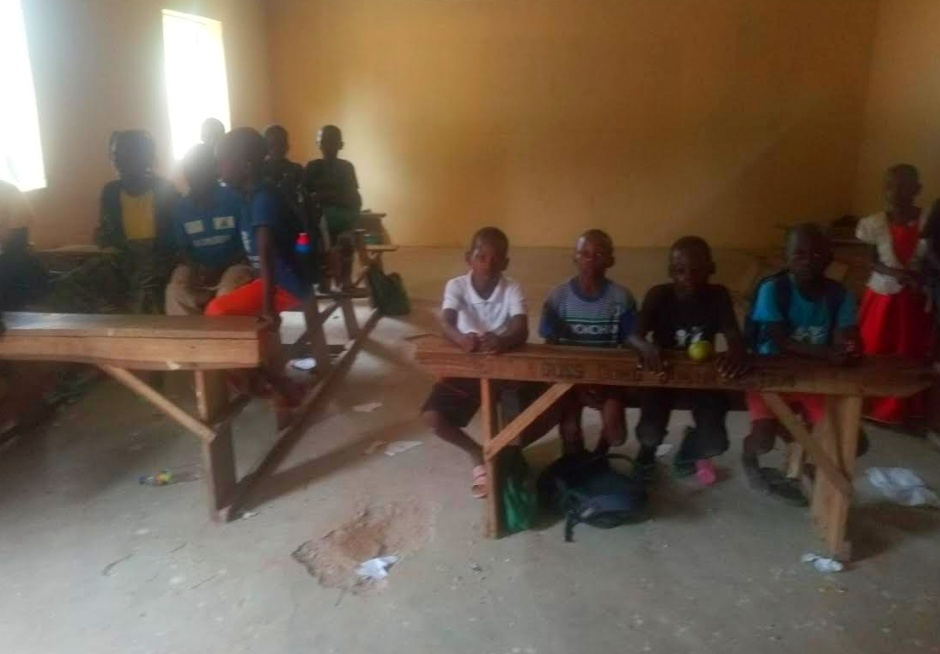
The teaching centres are segmented into three classes with ages 4-6 in class one, 6-8 in class two and 8- 12 in class three. There are free meals to encourage the pupils to come to schools regularly.
Claver Murrey, one of the facilitators, told TheCable in Kikan that they use Mavis pen and talking books which are solar-powered to teach their pupils — making them to learn how to read and write quickly.
“Despite the COVID-19, our pupils come to the centres on Mondays, Wednesdays and Fridays to feed and submit their homework and after checking we give them fresh home work as a method to monitor them in this time of Corona virus pandemic until schools resume fully,” Murrey said.
Blessing Ishaya, the deputy coordinator of the Nbula Foundation, told TheCable that the second batch were admitted last year in November.
“Presently we have 90 pupils per centre totaling to 180 pupils in the two centres,” she said.
Ishaya said 18 pupils have graduated from the centres after passing an examination and had gained admission into secondary schools across the state.
CRYING FOR MORE
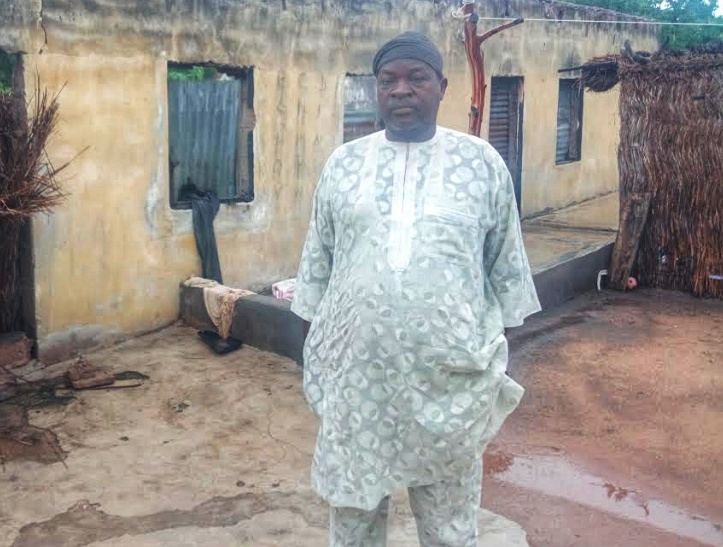
“If not because of the COVID-19 pandemic they would have been in secondary schools with other students,” she said.
Ishaya said the pupils were selected from among whose parents were killed during the December attack, as well as other orphans and children of the less privileged and dropouts who cannot afford school fee.
There are four facilitators per centre who have to undergo training before the beginning of the programme.
She said she was overjoyed with the passion and commitment of the staff of PWAN during Christmas and the Children’s Day.
Shadrack Hanya, the district head of Dong , Hama Dong, said out of the 100 non-governmental organisations that visited Dong, only PWAN were able to sustain their programme.
He pleaded for continuity and sustainability of the programme in his area.
Speaking in Hausa, Hanya said this method of teaching brought to his community is the best urging the government to take a cue from it.
“Our children are given free food every day and some of them get satisfied and bring remnant home, we thank Partner West Africa Nigeria for their support and offered prayers for them.”
Nanza Henry, the village head of Kikan known as Luwareno Nzomoto Kikan, pleaded that there are still more children who are orphaned and cannot afford school fee in his community.
It is a big ask given the enormous resources needed to tackle the problem in many communities, but the Geoffreys, Magomyas and Gideons can be glad for now that their dreams are still on course.
Editor’s note: The main image is used for illustration only.
Add a comment
